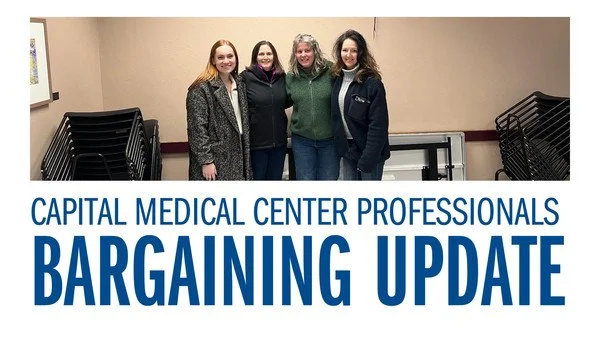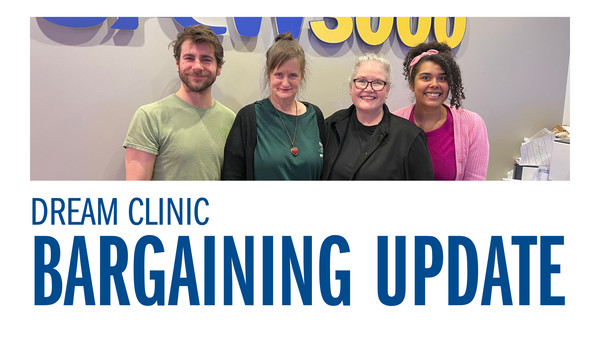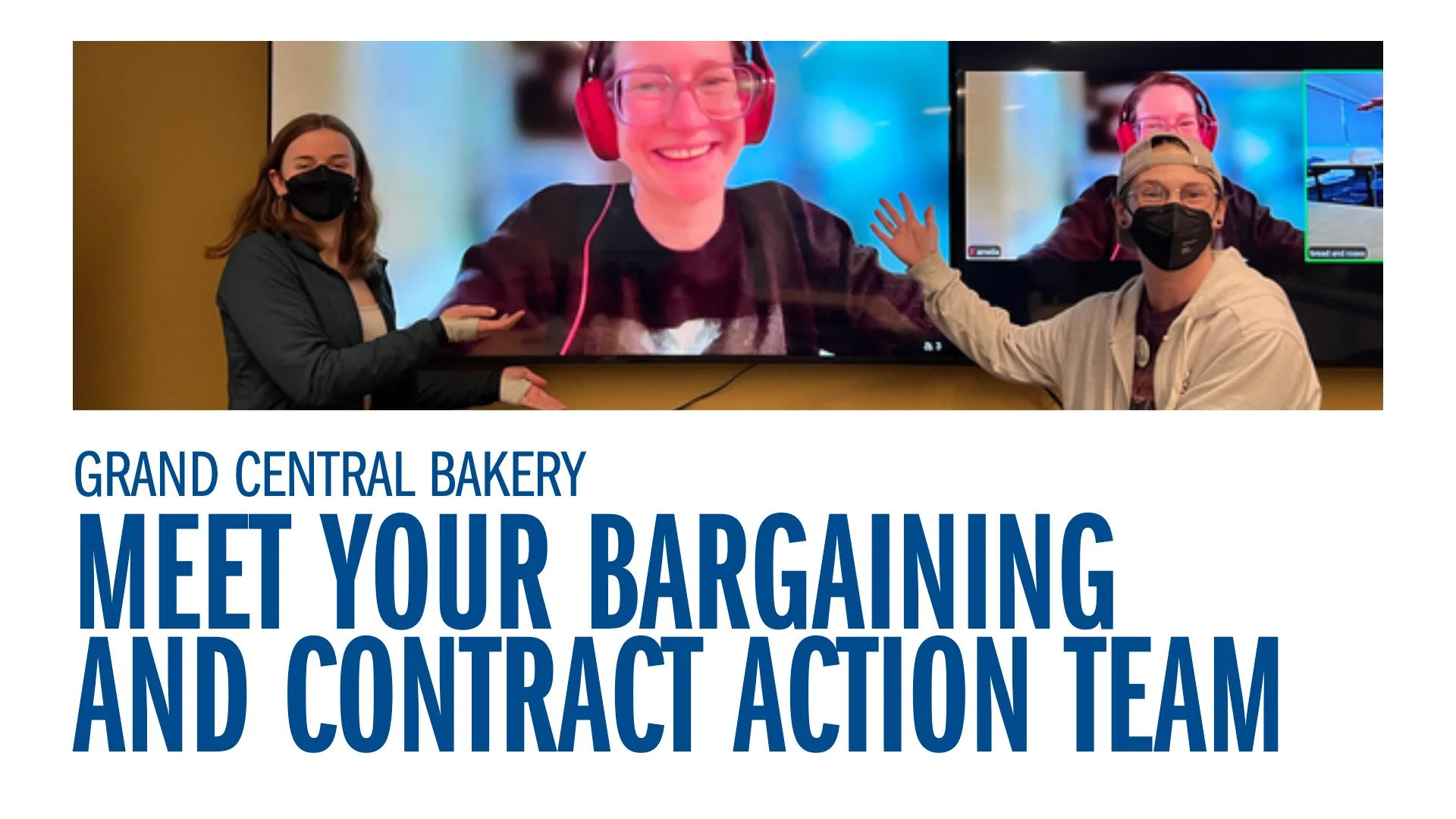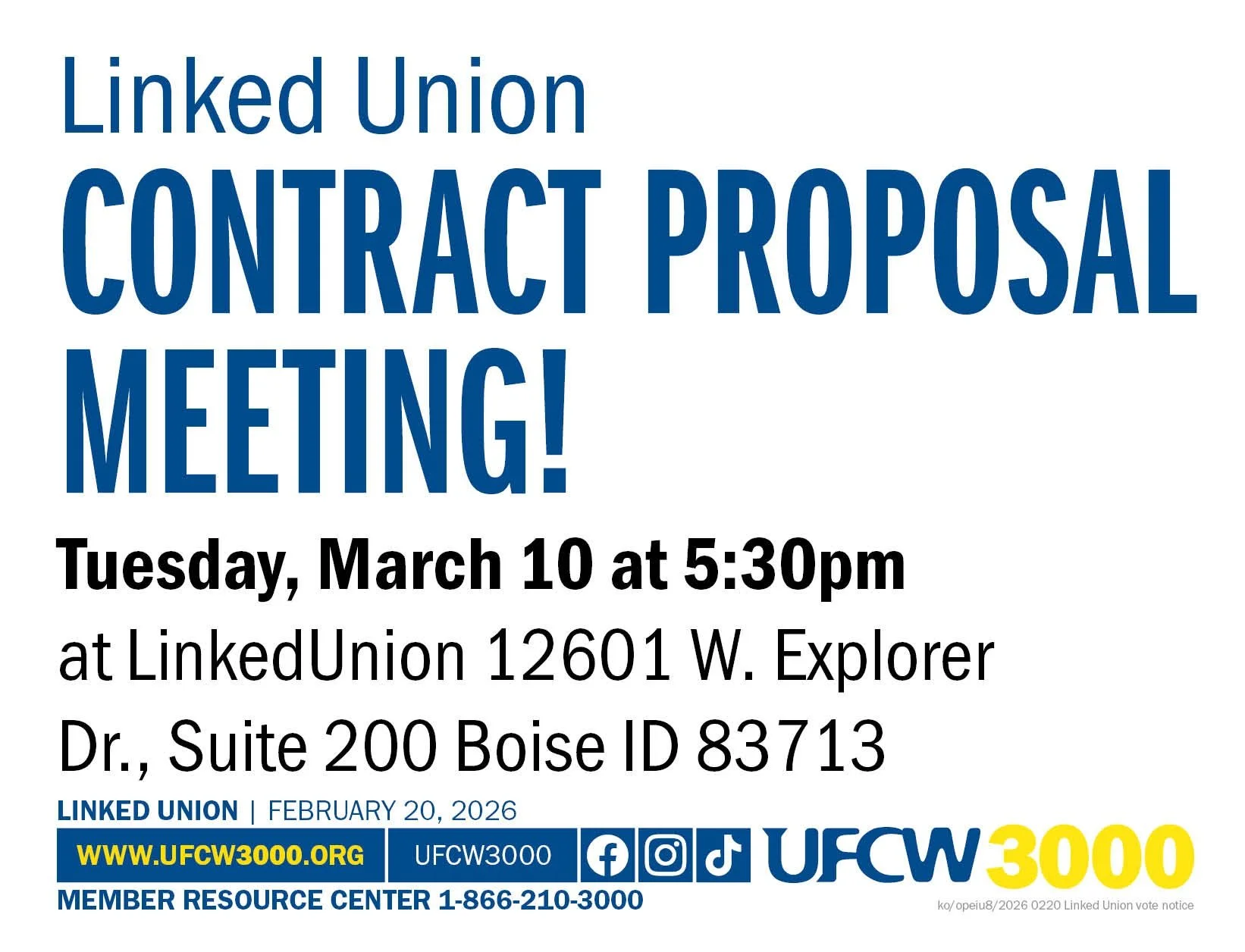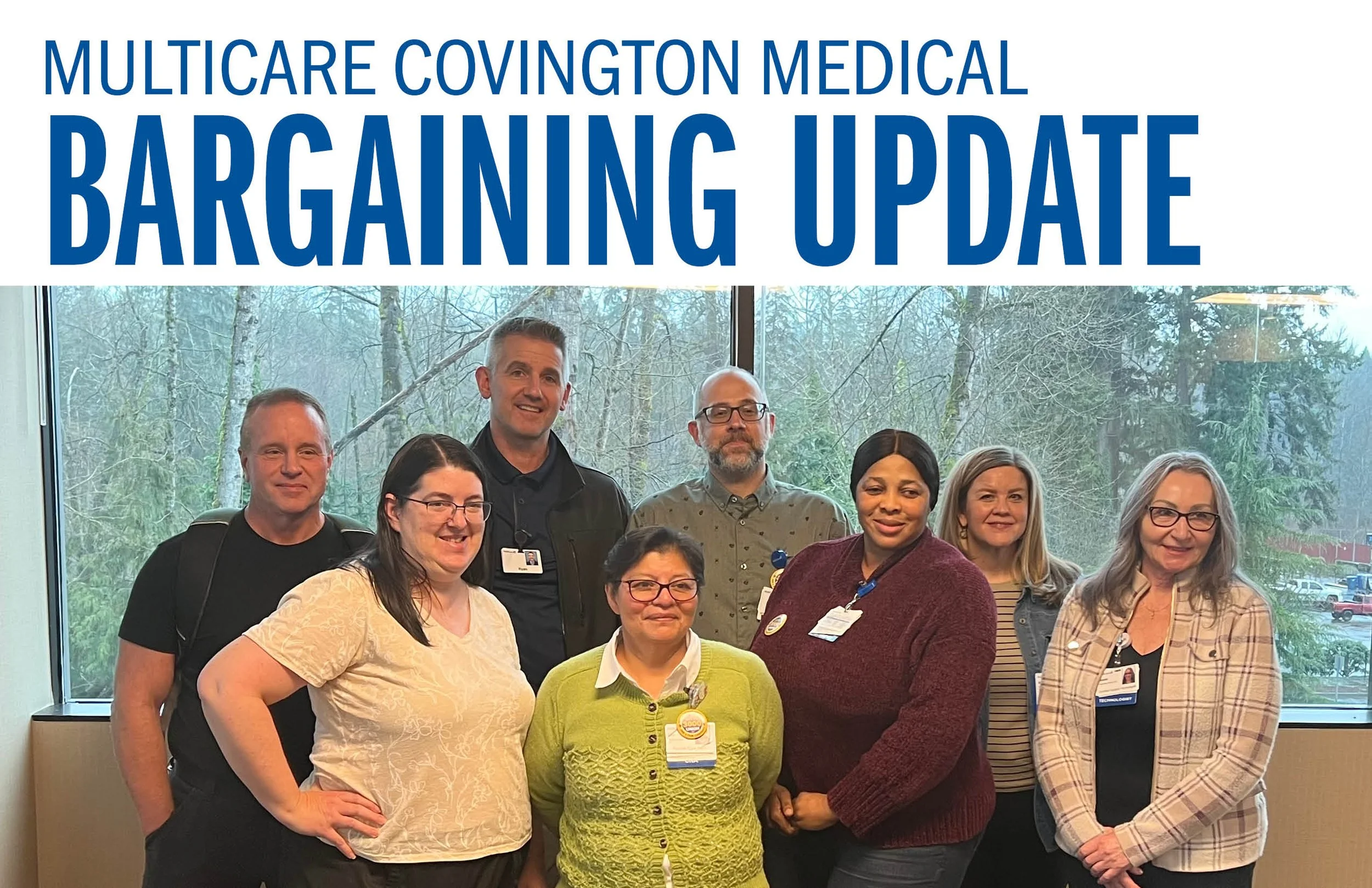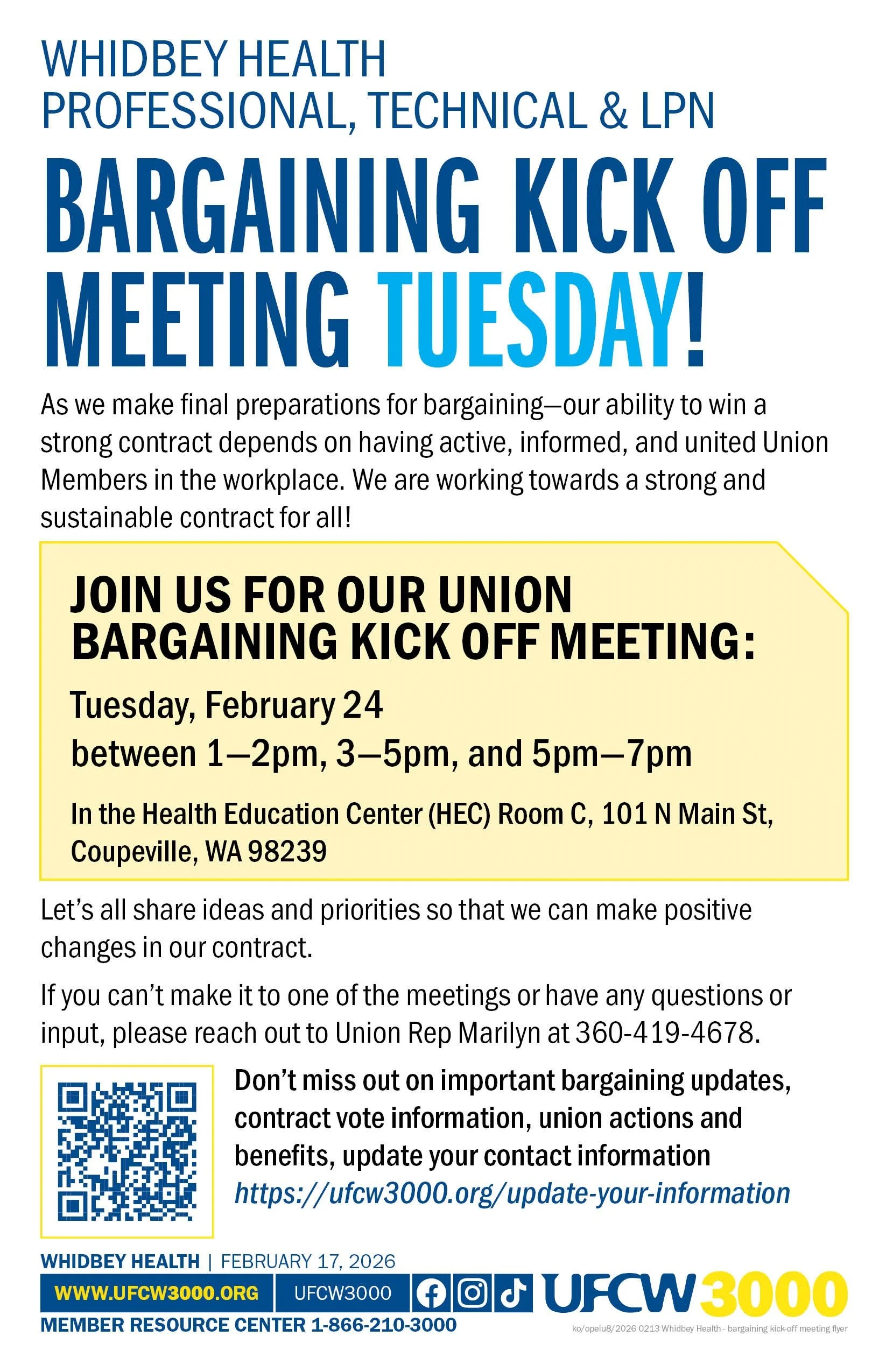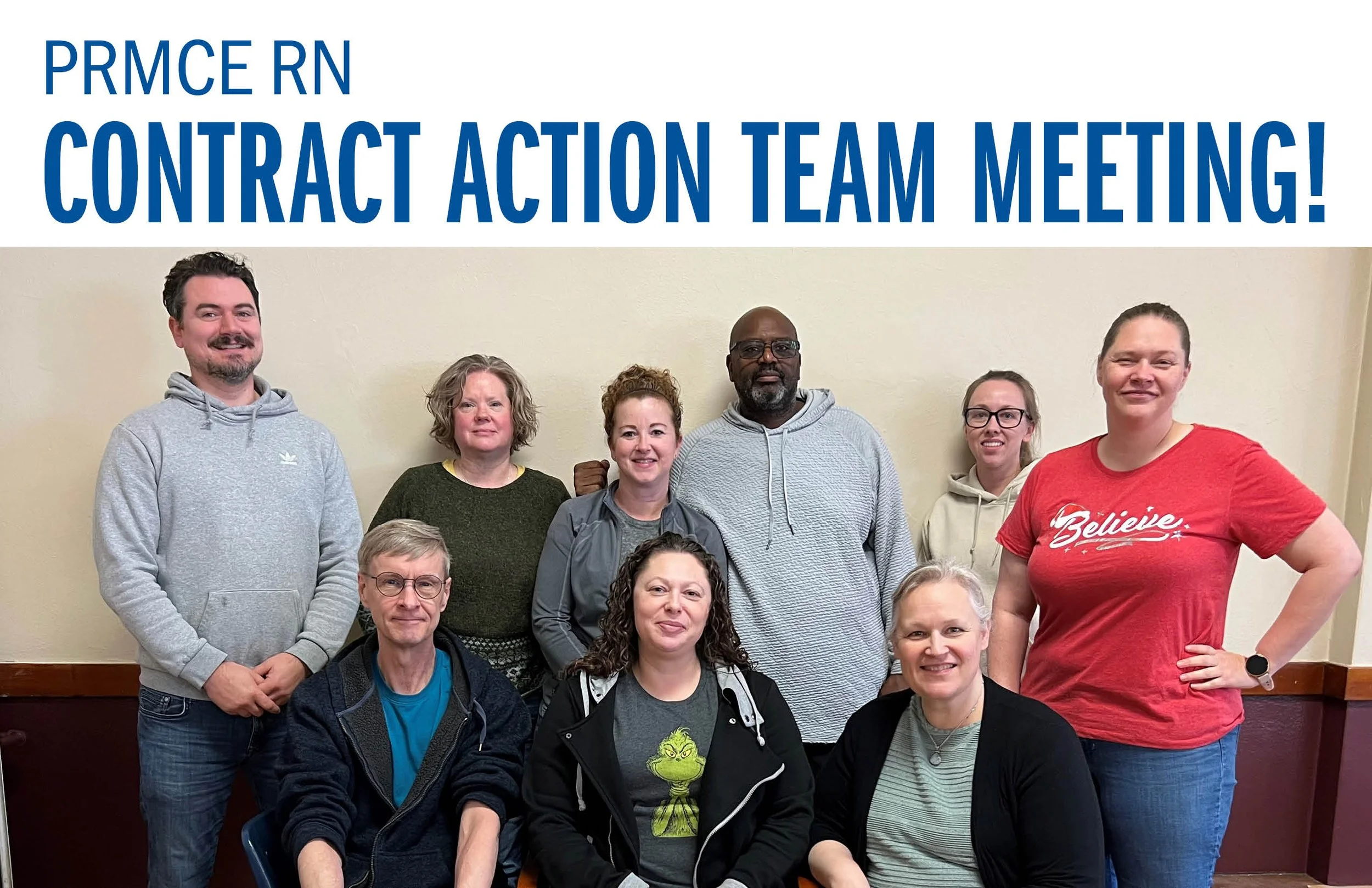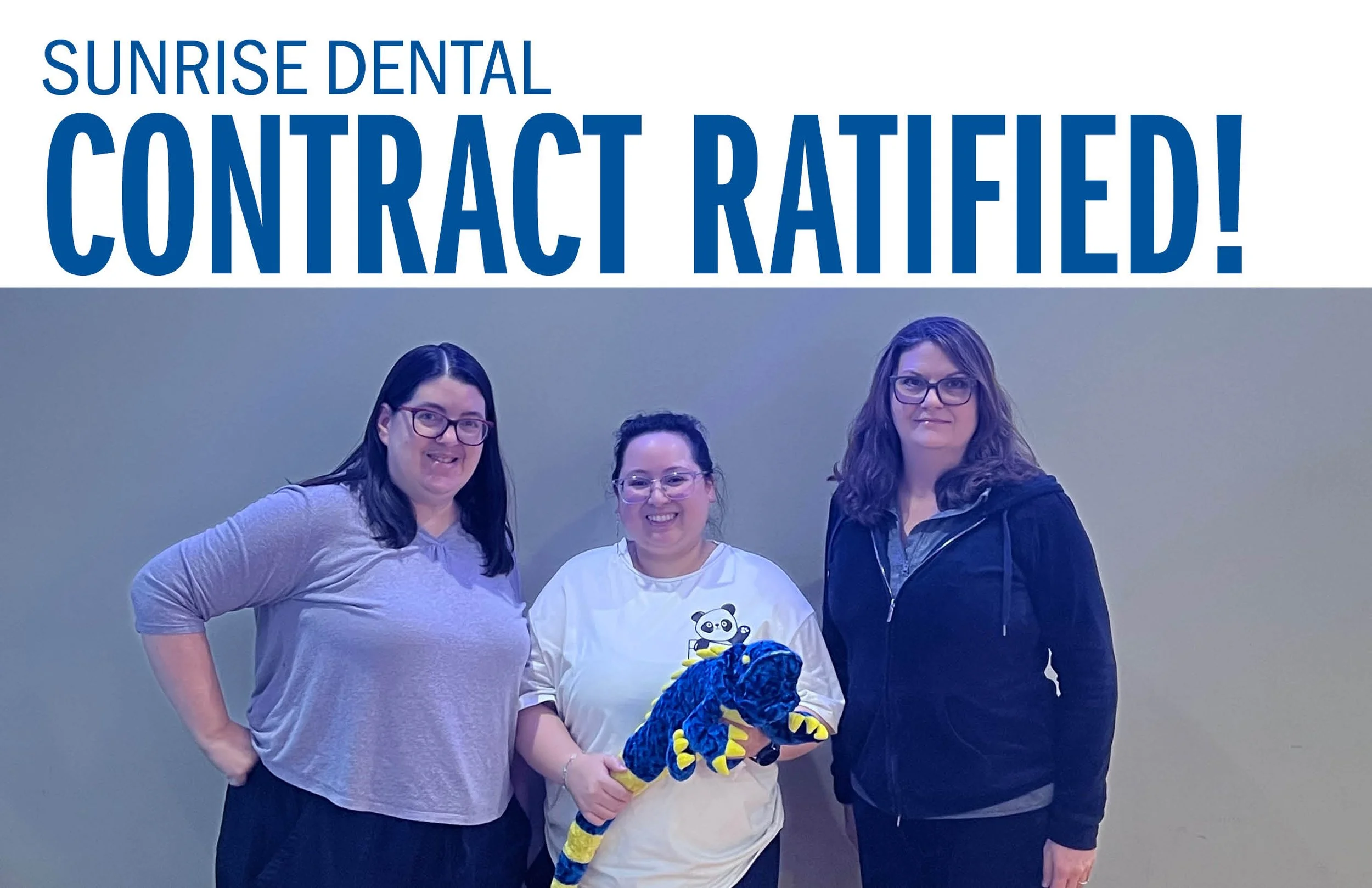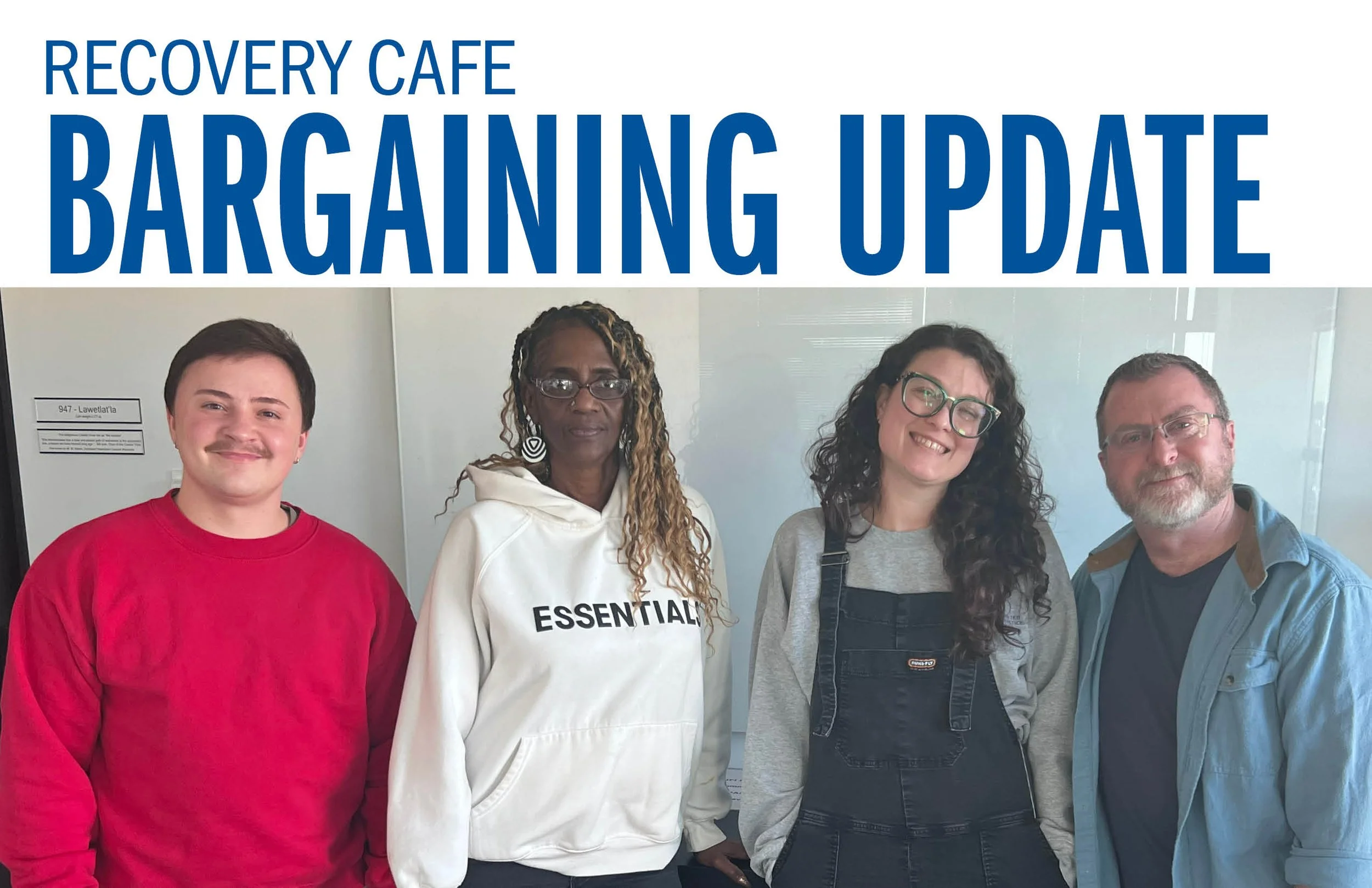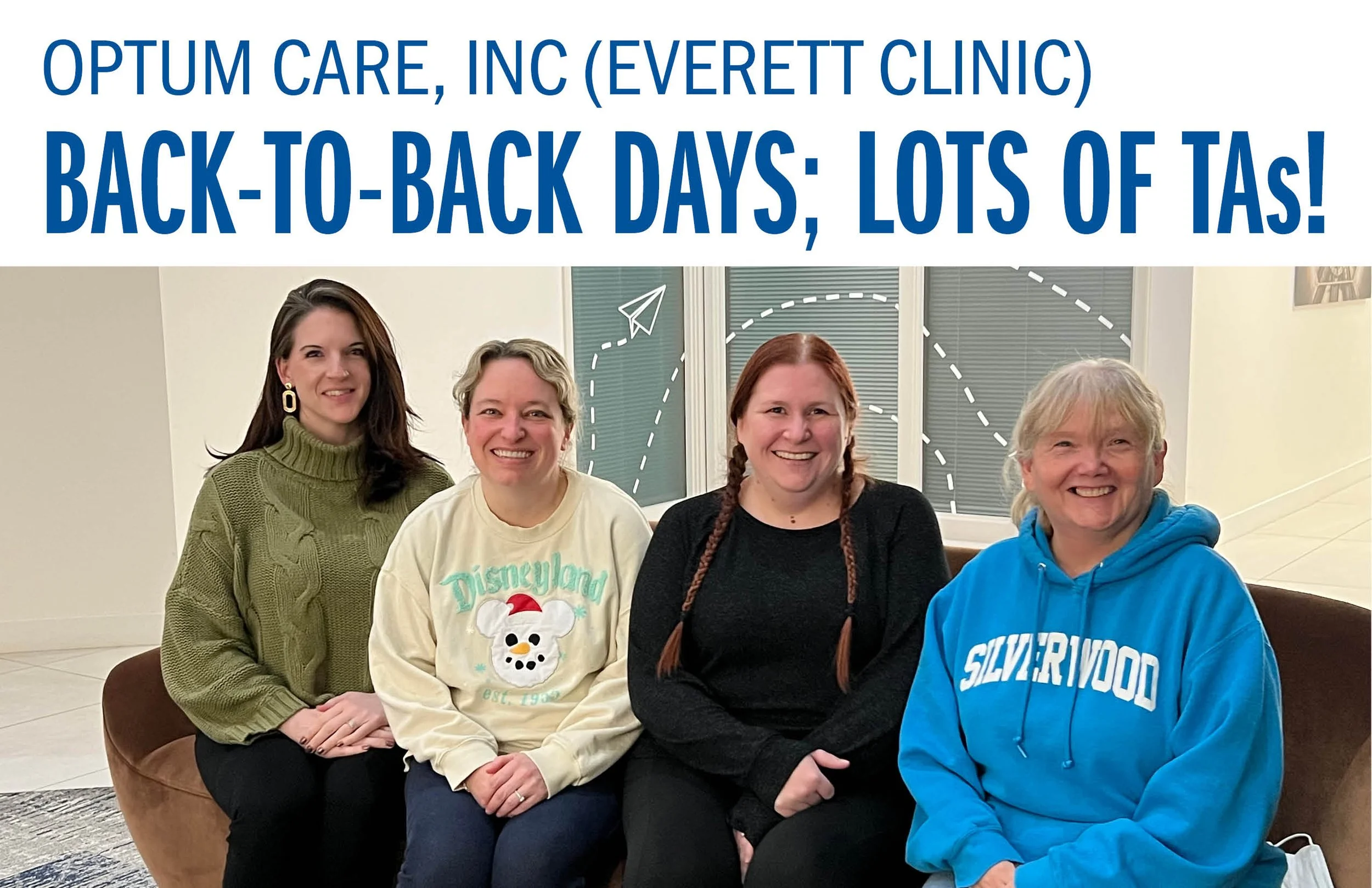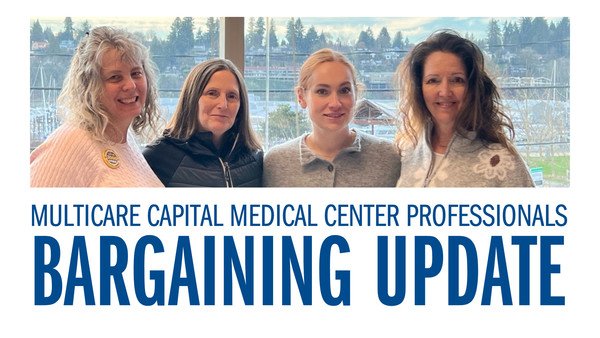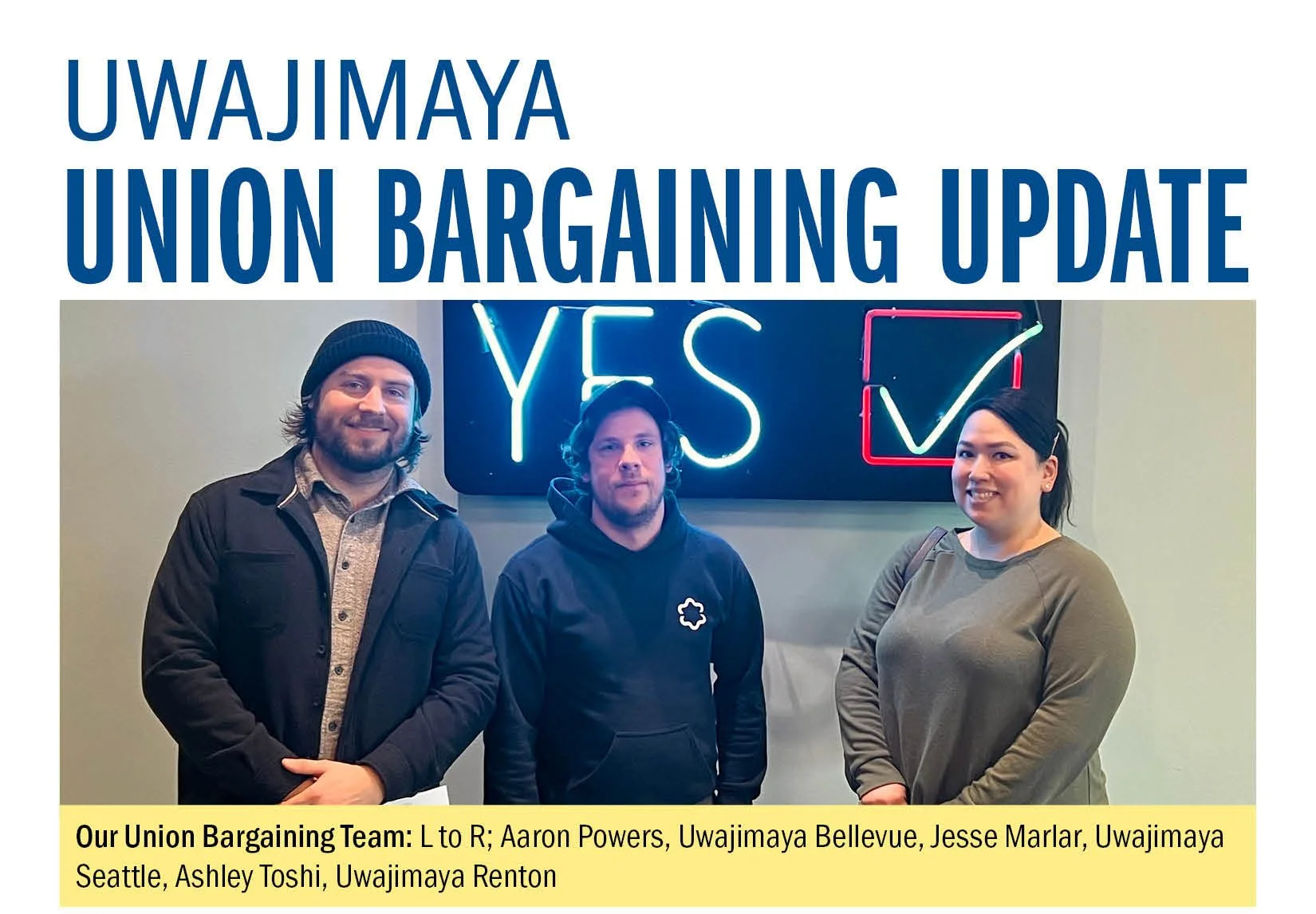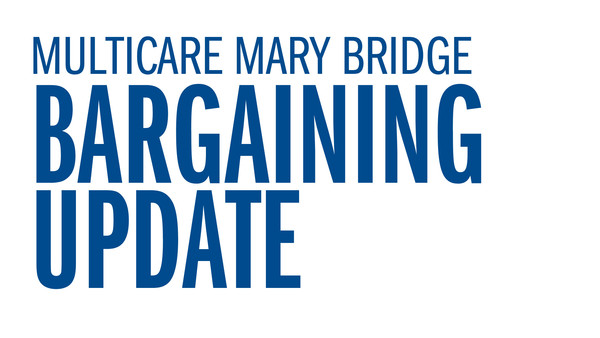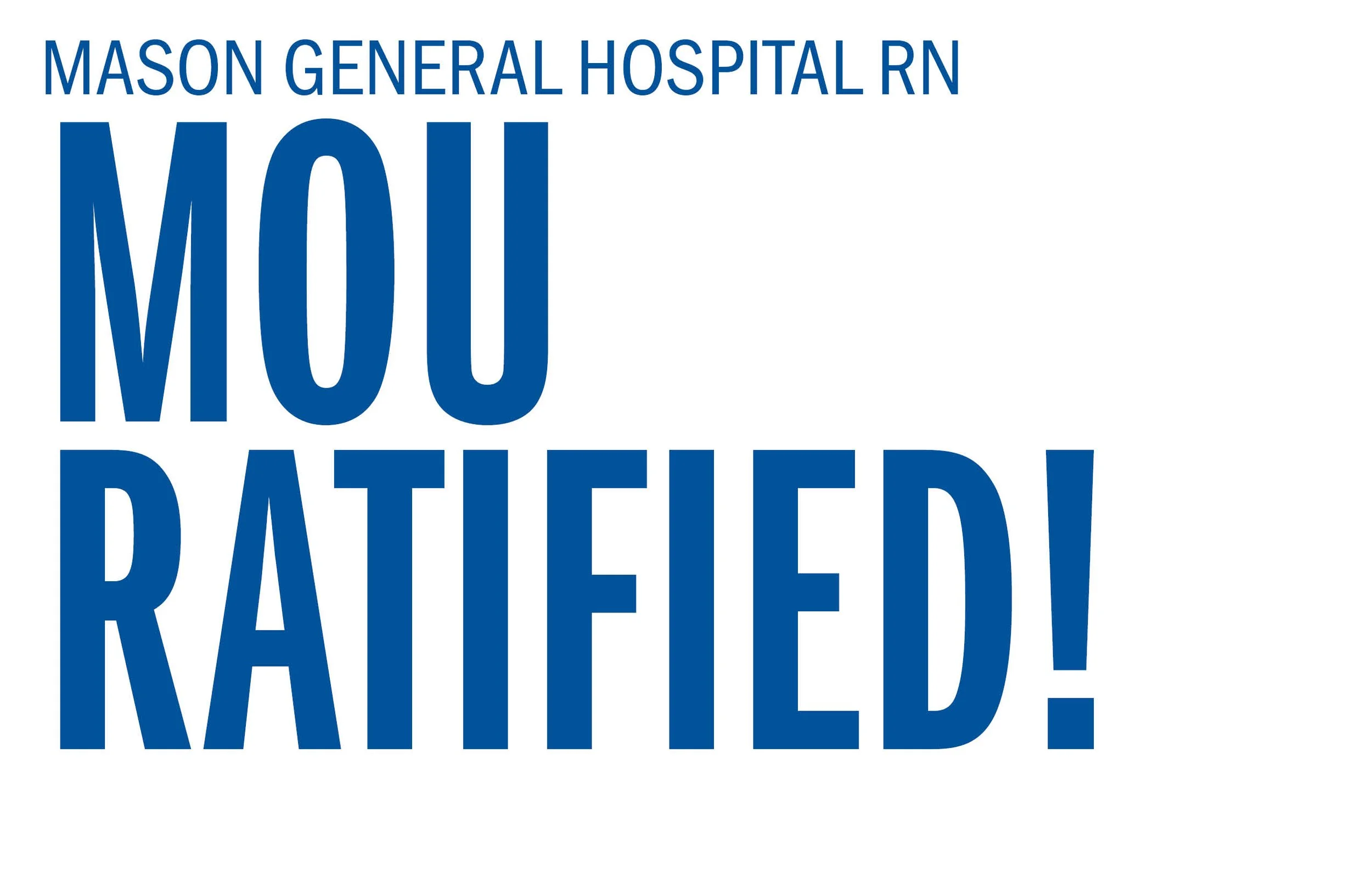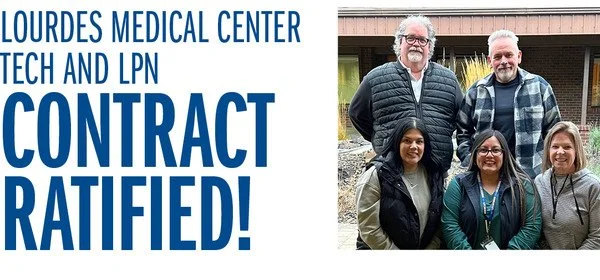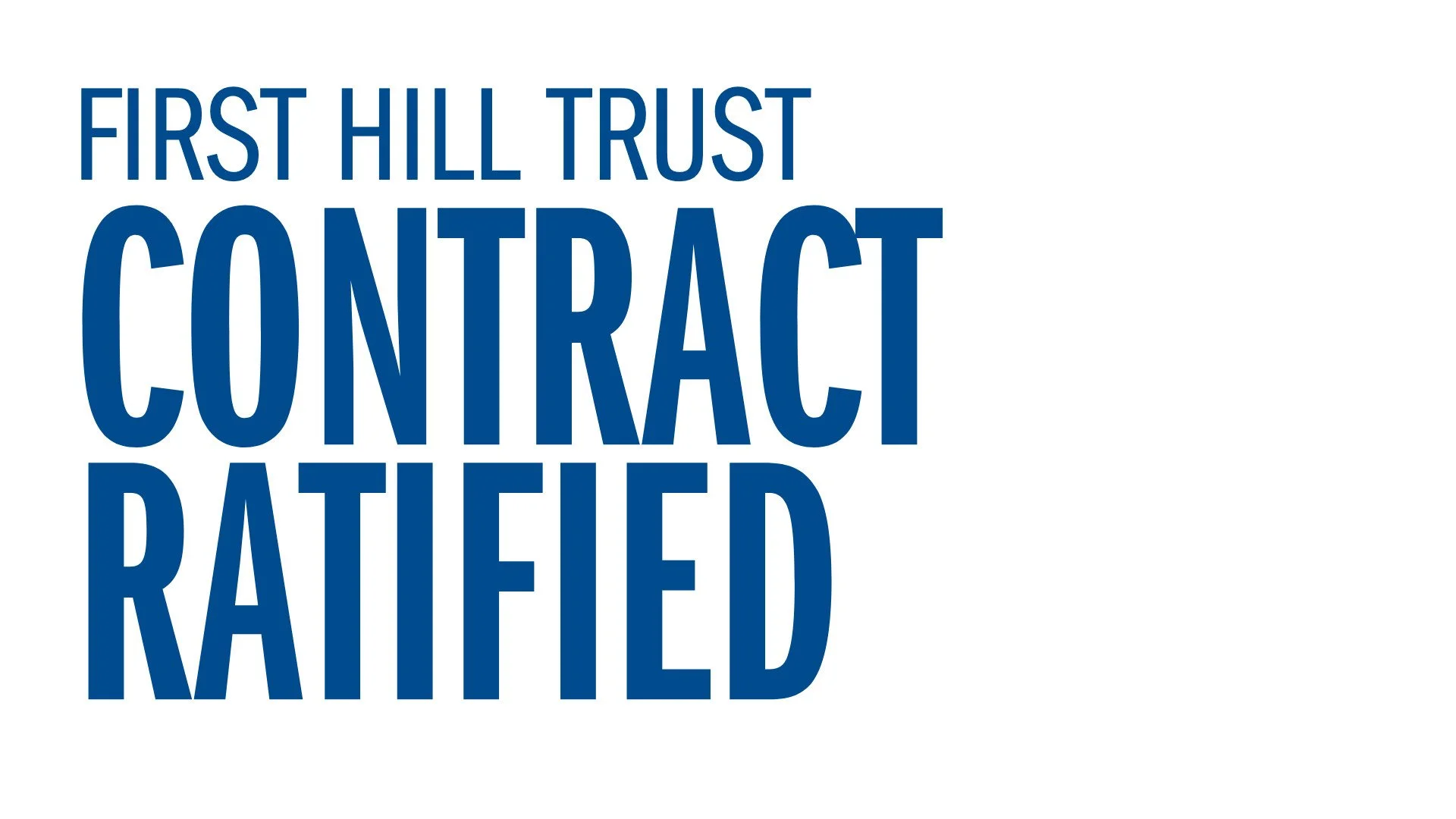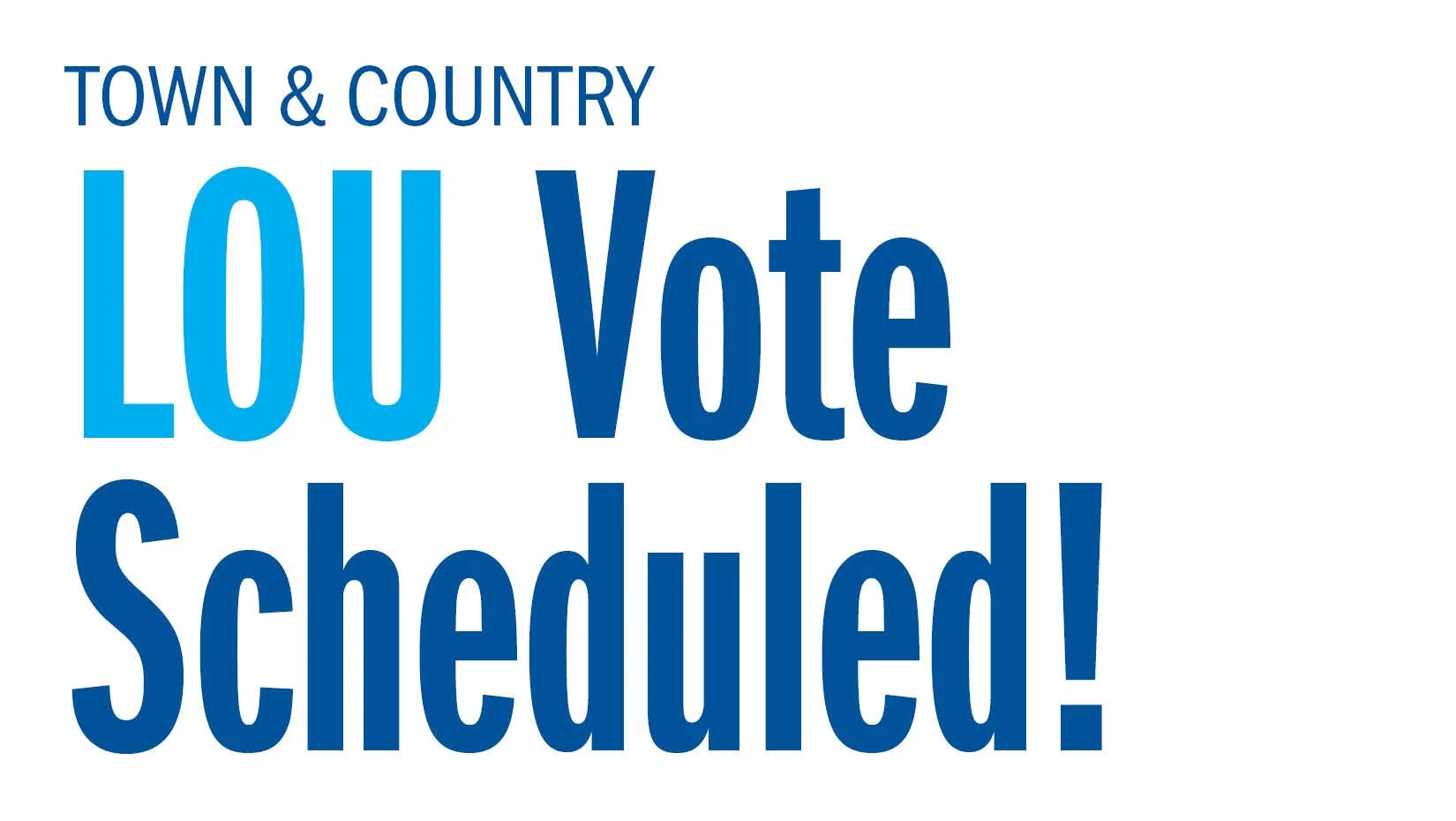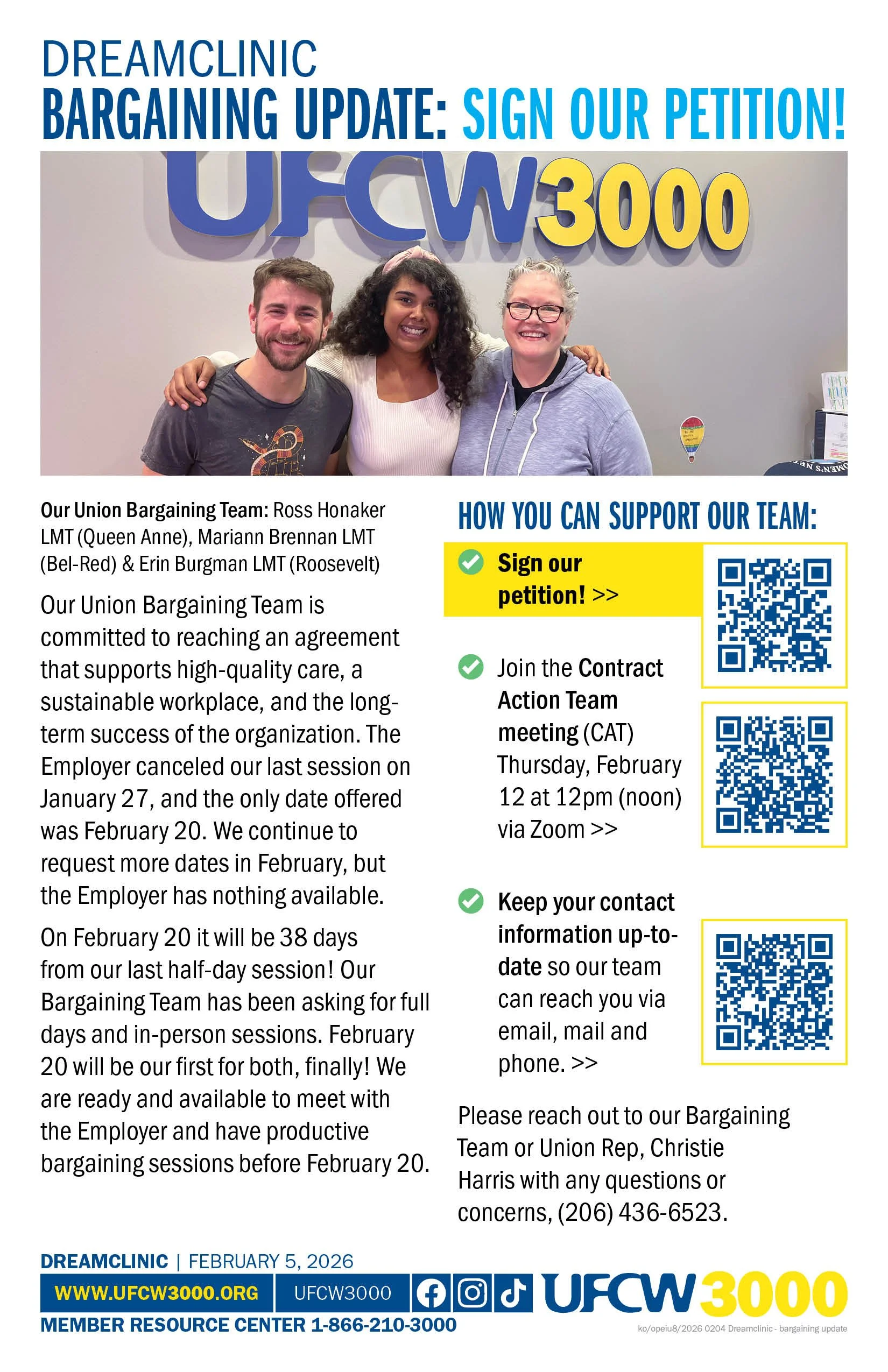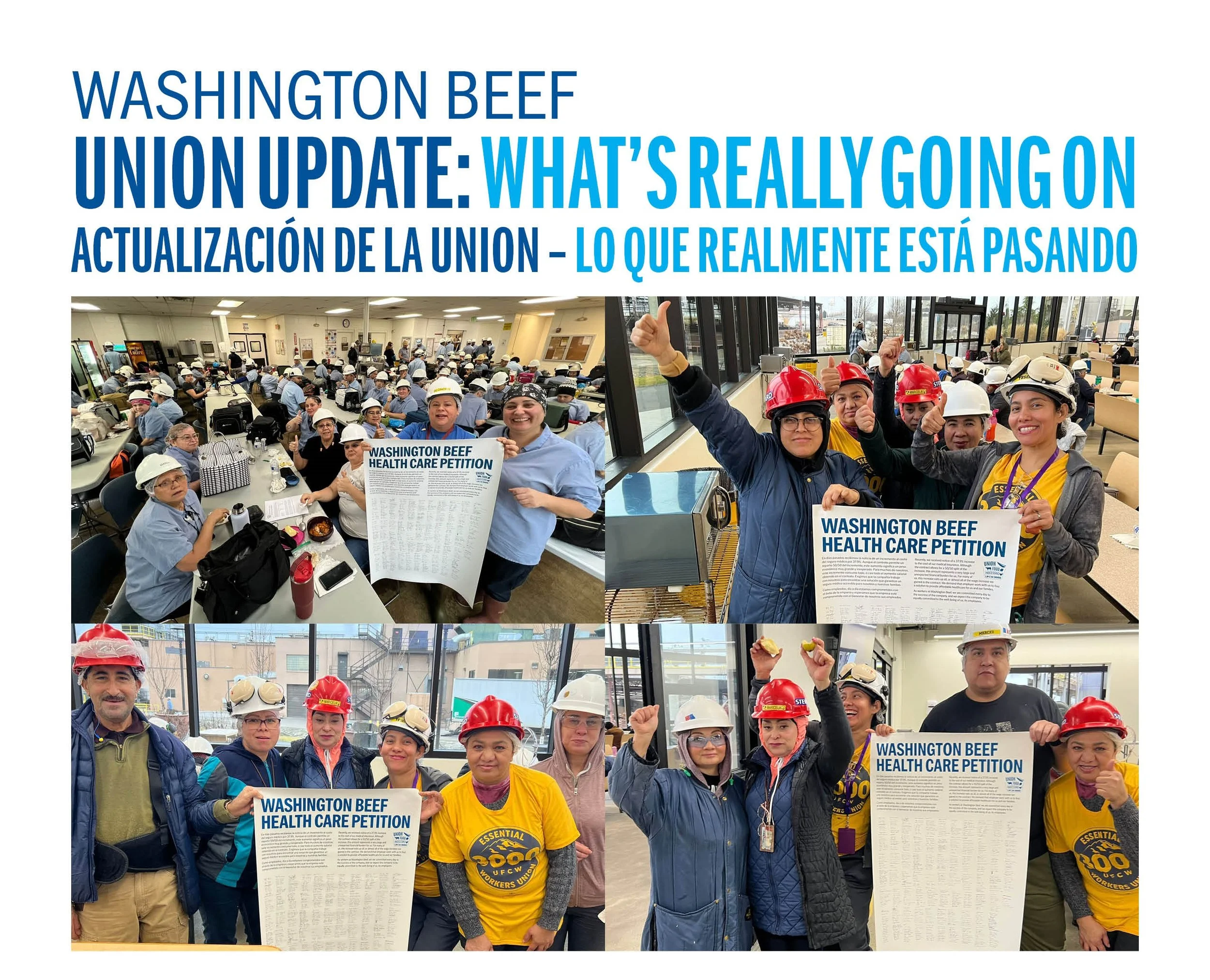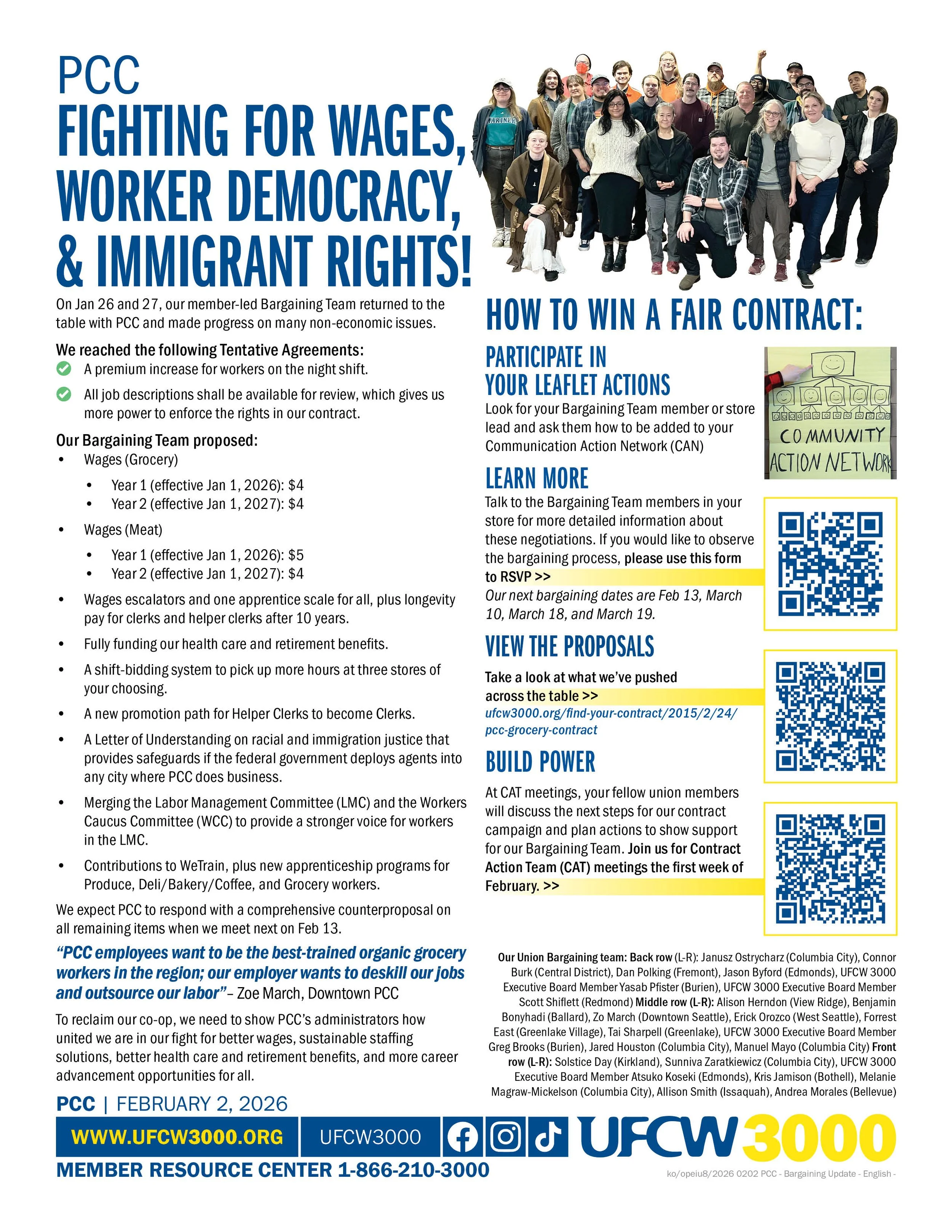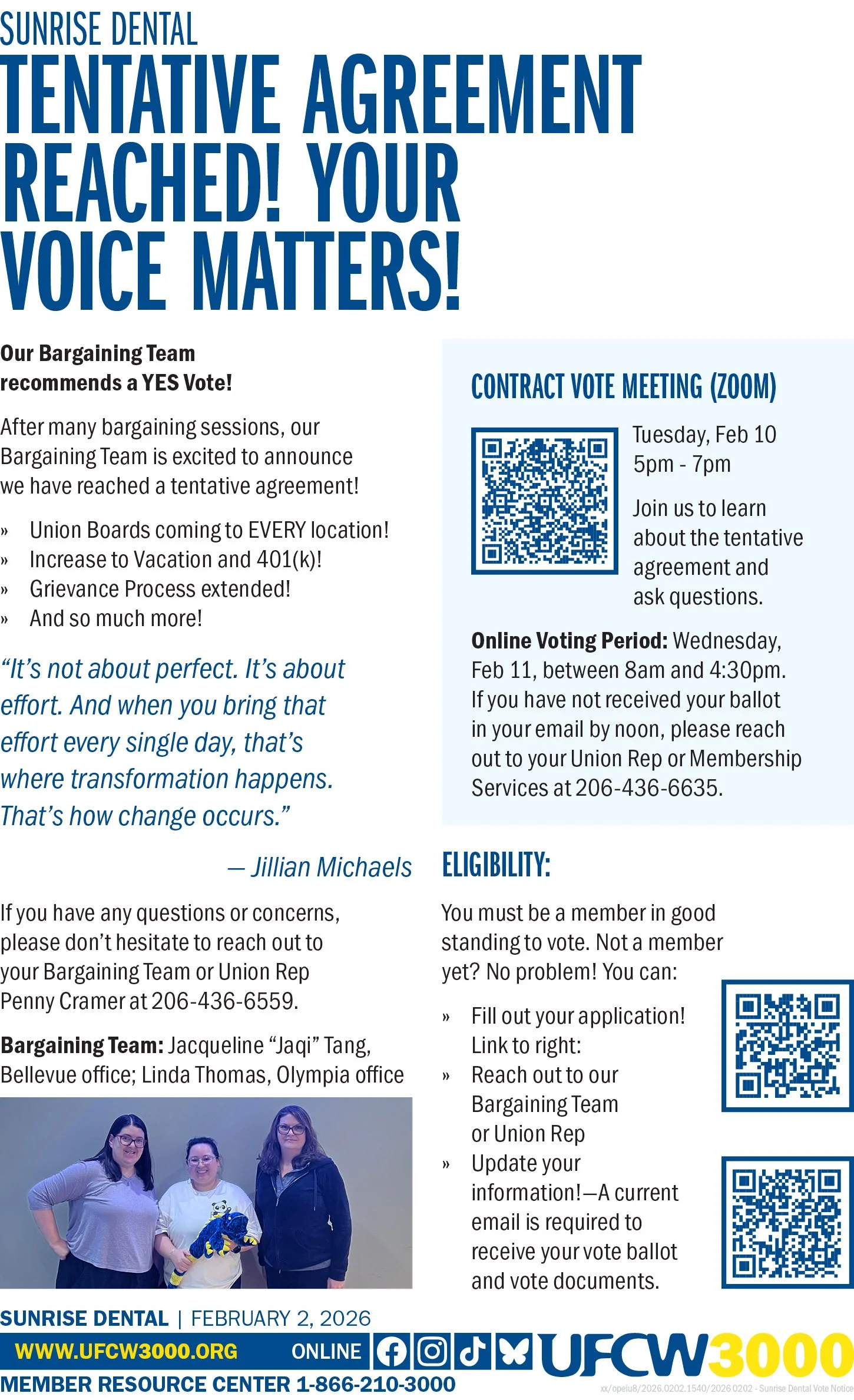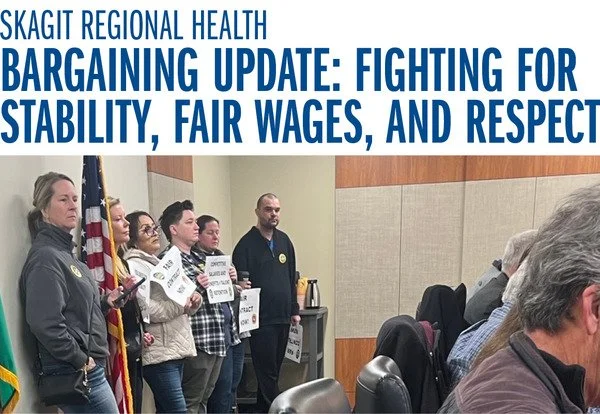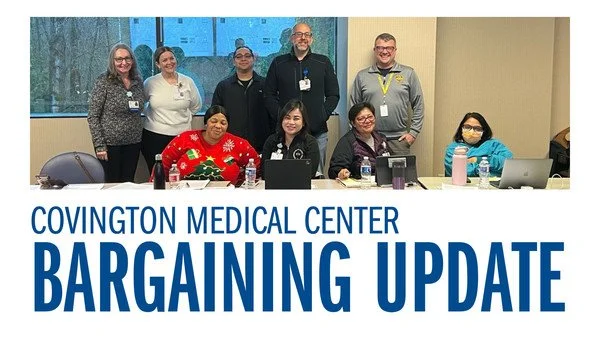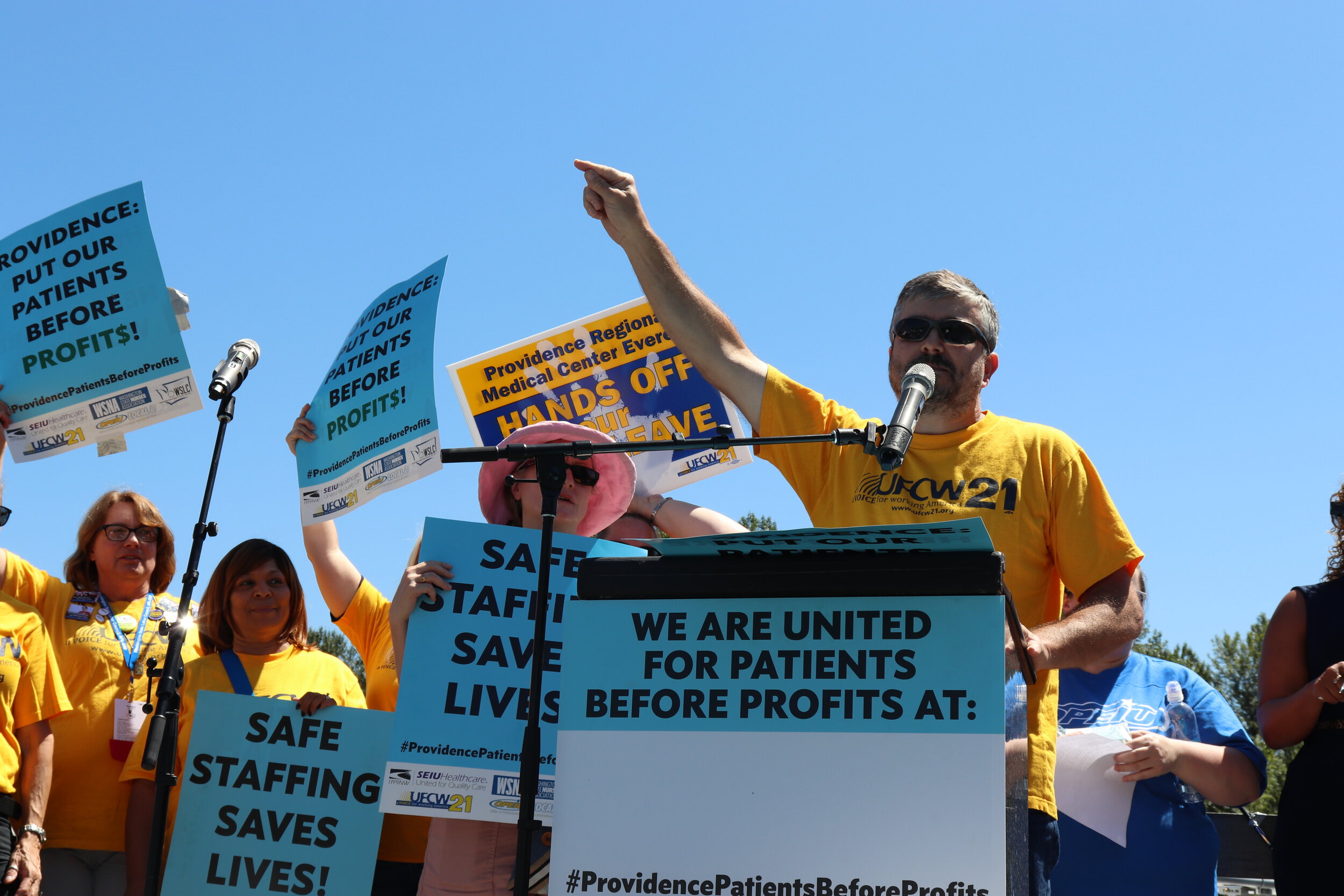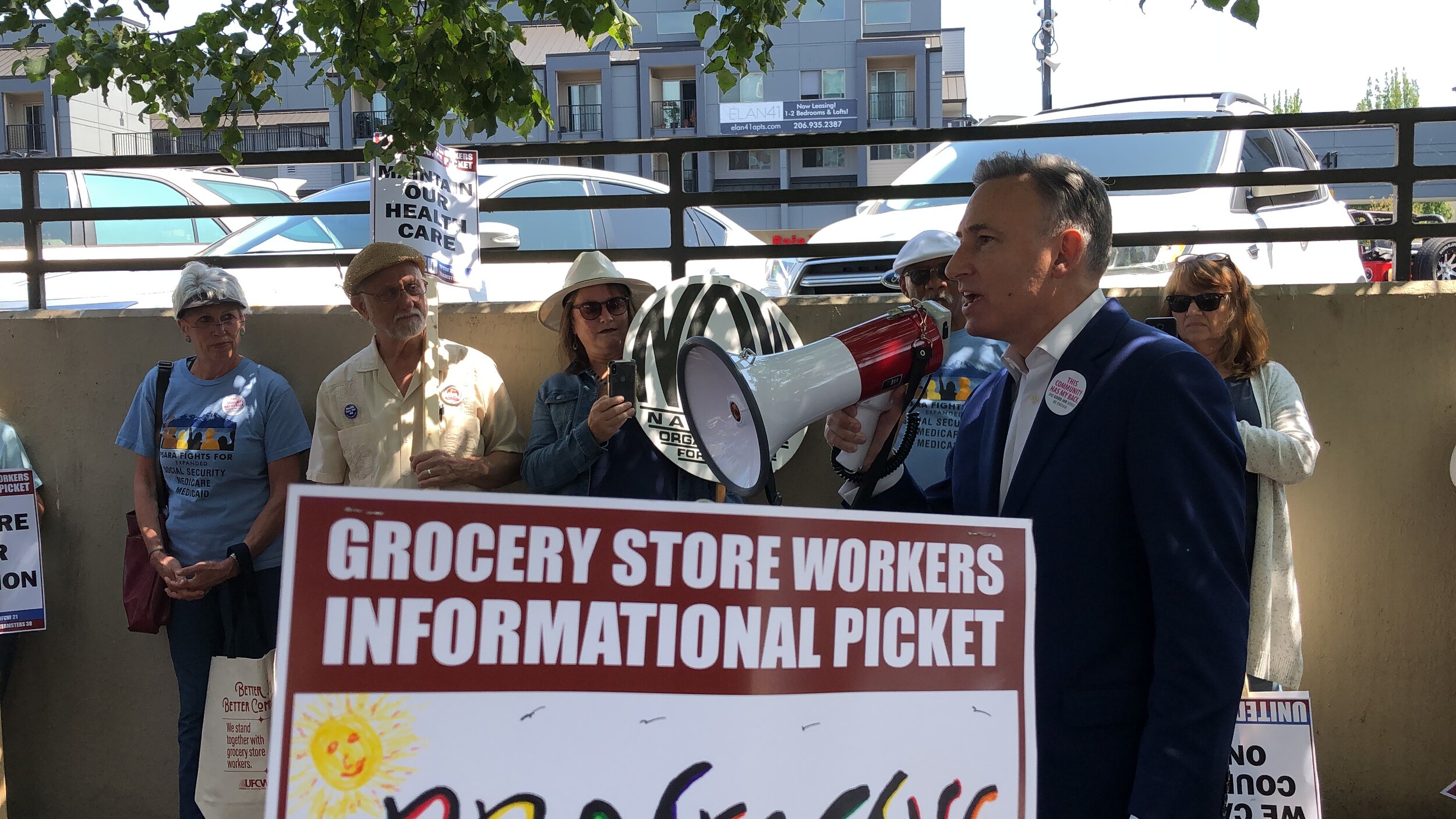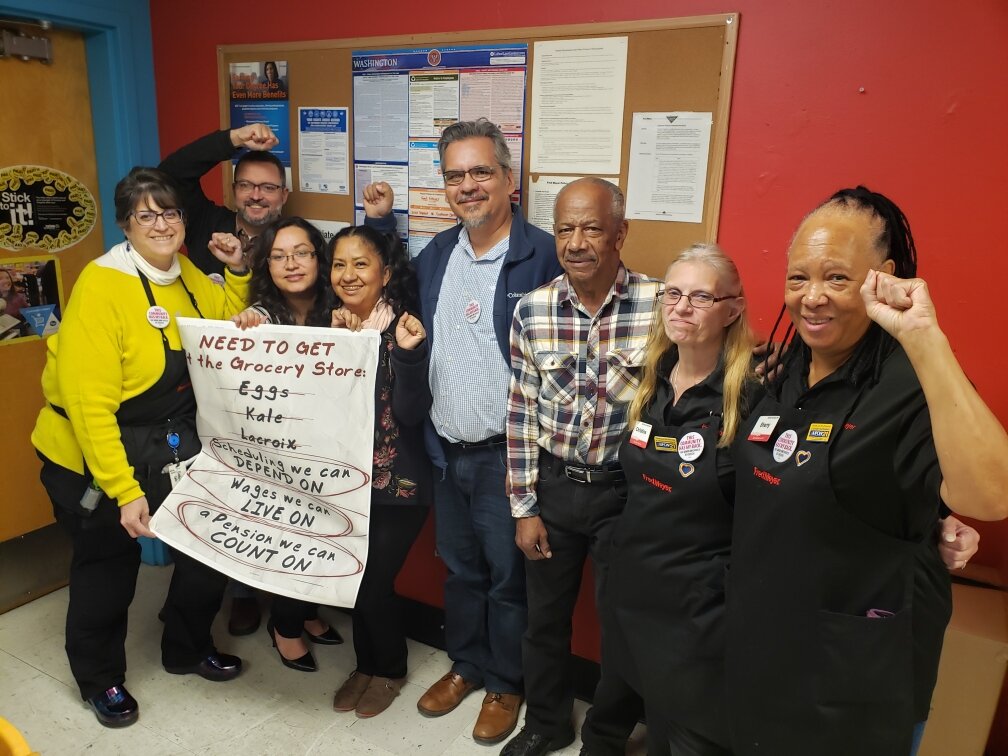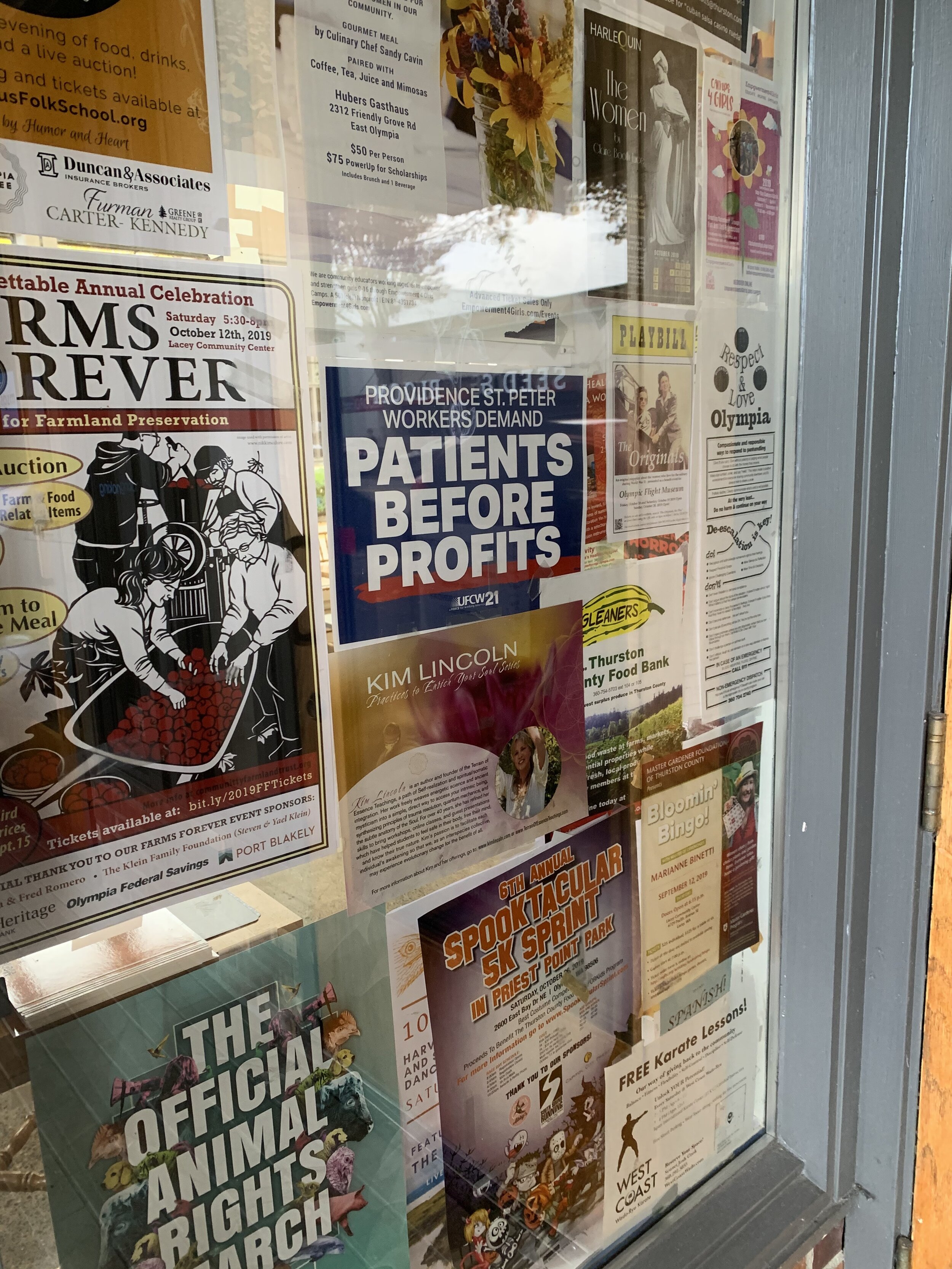MEET WATSON
/Keeping Up and Fighting Back -Building Power in the Workplace
With all of the new technology we see around us, we need to be a part of the conversation about how it shapes our future in the workplace. We also need to use technology to help build power in our workplace.
We have created the UFCW 21 App as a powerful tool for leaders and members. The UFCW 21 App uses a robot called Watson that member leaders, union Reps and bargainers have trained to find answers to your questions based on your unique contract and new laws and policies that affect your workplace.
You ask a question, then Watson provides the answer to you. If Watson doesn’t know the right answer, it bumps it through to a person in our member support team, who’ll be able to help out and then train Watson to answer it next time. The more questions we ask Watson, the smarter it gets and the better it’s able to find the correct answers to questions.
We are continuing to get feedback and build the UFCW 21 App to help in the workplace. With this new technology, workers have access to the knowledge and information they need to be informed about bargaining agreements, company policies, and laws―regardless of whether they’ve just clocked off at 2am, or are about to walk into a meeting with management!
Do you know your rights?
/Christina Harris is a Bakery Clerk at the Lake City Fred Meyer. She shared her story with the Seattle City Council about the many times she was expected to stay late, occasionally pulled to other departments, and not compensated. When Seattle adopted Secure Scheduling, Christina believed that this behavior of unpredictable scheduling would end, but Management persisted. So she worked with her Union Representative, and together, along with many more Fred Meyer employees, they instigated an investigation with the Office of Labor Standards.
While the investigation of Fred Meyer is ongoing, hundreds of workers have received checks to compensate them for Fred Meyer’s violations of the Secure Scheduling ordinance. Christina got over $2,500 in earned income as a result of this action. As she stated to Councilmembers: “If labor standards exist but nobody is around to enforce them, do workers really have protections?”
We know the answer, and that is why we continue to not only advocate for policies that protect workers, but also to fully fund agencies created to enforce those rules. And with your help, we are able to alert those agencies, and ensure that your rights are protected, and that workers receive the pay they deserve when employers violate the law.
Secure Scheduling was adopted so that you can count on knowing when you need to be at work and when you are free to take care of your kids, help your parents get to medical appointments, or just enjoy free time. The law includes two-weeks’ notice for schedules to be released, and compensation when Management changes your schedule or asks you to work late or come in early. These are hard-won rights that bring stability to working people, and provide a disincentive for employers that want to under-schedule workplaces.
If you believe that Management at your worksite is breaking these rules, contact your Union Representative, and together we will work to ensure that your rights are protected. It’s your time, and you deserve to have your time protected.
THE POWER OF COMMUNITY ALLIES
/Contract fights can be challenging and isolating. We need the support of our vast and diverse membership, and also the communities where we live. When we get improvements in our jobs and working conditions, we raise the quality of life for ourselves, our families and our communities.
In July, Grocery Store Workers were not alone during their canvasses and informational pickets. Neighbors, church leaders, union leaders, social justice organizations, and many others turned out in solidarity, to add their voices and strength to the people who make their neighborhood grocery stores work everyday. The community allies remembered how these workers set out in snow and ice to ensure that the shelves were stocked and the stores were open through weeks of treacherous weather this past winter.
Community allies marched into the stores armed with ‘This Community Has My Back-One Good Job Should Be Enough’ buttons, taking selfies and letting members know that they were with them in the day to-day struggle for sustainable wages and livable scheduling.
Then community met with the store managers and presented their grocery list: Eggs, Kale, and La Croix were easy to find. However, there were more important items on their list that they couldn’t find in the store: Scheduling We Can Depend On… Wages We Can Live On… A Pension We Can Count On. They asked the managers to listen to the needs of their workers, because they are also the needs of the community.
Community members in Everett, Olympia, Centralia, Walla Walla and Spokane were disheartened when they heard about the looming strike with Providence hospital workers. Elected officials, faith groups and social justice groups have scheduled Community Lunchtime Listening Sessions in these hospitals to hear directly from health care workers about the critical issues causing them to vote for a strike.
The Providence health care workers will also be going to City Council meetings to talk to elected leaders about how Providence putting their profits before patients is a community crisis. Short staffing is one of the major concerns for Providence health care workers: “We need safe staffing levels to provide the highest quality of care for our patients.” Many local businesses and labor groups have shown their support by posting signs that say ‘Providence Hospital Workers Demand Patients Before Profits.’ At this time it is still unknown whether a strike will happen, but what we do know is the community is with us.
All of these actions, throughout Washington State, unite workers and their community. Together we advocate for good contracts now, and a future where all workers get what they need to thrive.


